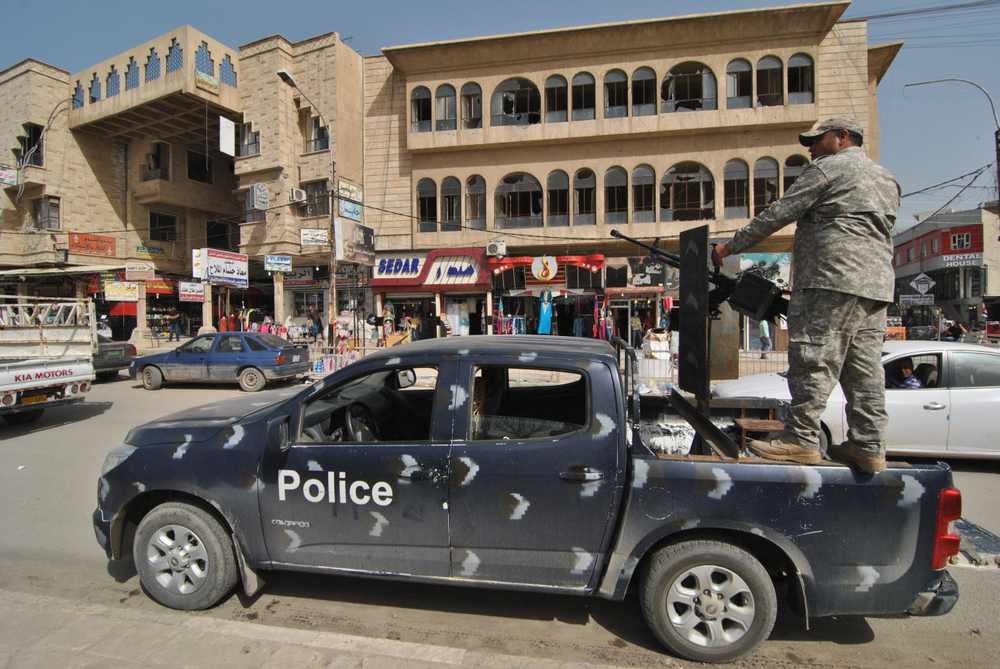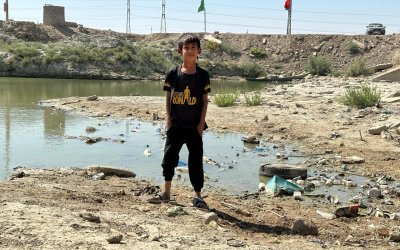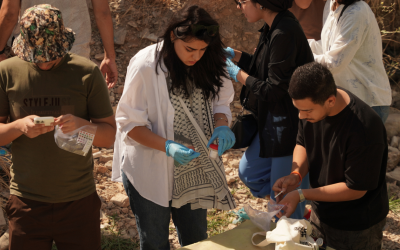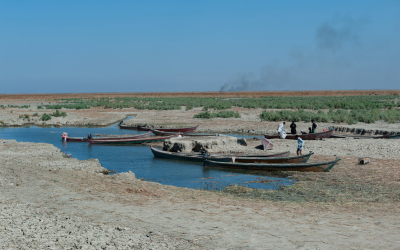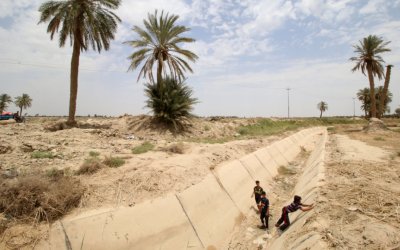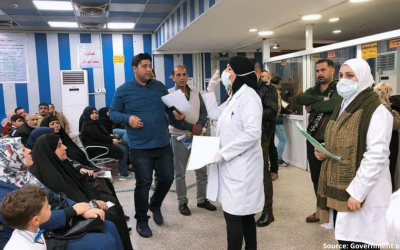This research project investigates efforts to influence the behavior of armed actors toward civilians in war zones. Militaries and non-state armed groups in many of today’s conflicts frequently and at times systematically violate the rights of civilians guaranteed under International Humanitarian Law, Human Rights Law and national law. A range of very different actors – from humanitarian, human rights and security organizations to religious authorities and local communities – try to limit such violations by encouraging armed actors to exercise restraint and comply with relevant rules and norms (preventive protection). Focusing on Iraq, the research project aims to understand how well these activities have been planned and how effective they are perceived to be at the level of local communities. In doing so, the project seeks to identify lessons learned that can help make similar initiatives more effective in the future.
Capacity Building
The project’s capacity building component will offer 20 students (five students per semester) the opportunity to participate in this semester-long training and mentorship program, which will also involve a part-time internship component as junior research assistants on the project. The training and mentorship program will equip the students with qualitative and quantitative research skills and a strong conceptual understanding of key concepts of relevance to the task at hand (i.e., human rights and social science perspectives on civilian protection). The students will apply these concepts to a specific context in Iraq, writing a research paper on civilian protection issues in Iraq’s selected geographic area.
For more information, please refer to the project brochure.


